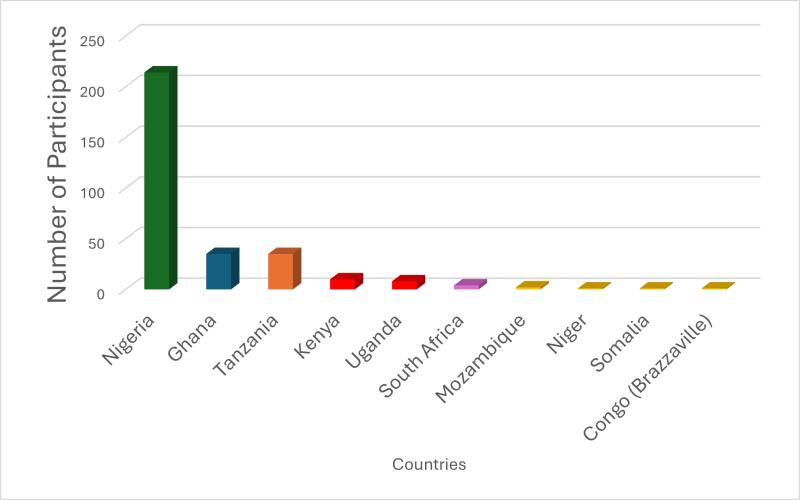The 2025 SPE Africa Region Datathon once again has proven to be more than a competition; it’s a platform for fostering innovation, strengthening collaboration, and developing the next generation of leaders in oil and gas.
With a clear vision to connect professionals and students across the energy ecosystem, this year’s event brought together individuals at different career stages in a challenging, team-based environment to tackle real-world problems using data science.
A Challenge Rooted in Industry Needs
This year’s competition focused on applying machine learning to classify oil-producing wells based on anomalous production patterns including gas/oil ratio (GOR), water cut, producing well flowing pressure (PWF), and productivity index.
By framing the problem around anomaly detection in production data, participants were pushed to navigate complex data sets, identify operational anomalies, and recommend data-driven interventions with real-world value.
Record-Breaking Participation
The response was nothing short of extraordinary. More than 300 applications poured in from across Africa, representing a diverse array of companies, universities, and technical disciplines. This marks a significant increase from the previous year, which saw just over 250 participants, underscoring the growing interest and engagement in the initiative (Fig. 1). The submissions showcased a wide spectrum of talent, creativity, and innovation, highlighting the continent’s vibrant and expanding technical community.
After a rigorous selection process, teams were formed, many with members from three or more different organizations. This cross-organizational collaboration brought together unique perspectives, technical strengths, and creative problem-solving approaches.

The tasks demanded advanced analytics, sharp reasoning, feature engineering techniques, machine learning modeling, and clear communication. The quality of submissions was exceptional, and the scoring margins were so tight that final deliberations proved challenging.
Celebrating the Winners
Team UniqueInventors
- Amalachukwu Immaculata Muoghalu
- Chinaza Ikeokwu
- Nicholas Walson Asimiea
Team Pioneers
- Udoh Chigozie
- Abdulateef Adeyemi
- Maduabuchi David
- Chioma Udoh
Team Petromind
- Hussaini Ahmed
- Nunsi Shiaki
- Nasirudeen Shuaib
These teams demonstrated innovative thinking, rigorous analysis, and practical application, hallmarks of the datathon’s mission.
Beyond the Podium
While competition and recognition are important, the true impact of the SPE Africa Region Datathon lies in its ability to build networks across industry and academia, promote digital skills relevant to oil and gas, and showcase the power of data science in improving efficiency, safety, and sustainability.
As oil and gas continues to embrace digital transformation, initiatives such as the SPE Africa Region Datathon will be key to developing the talent and ideas that will shape the industry’s future.
The message from this year’s event is clear: Collaboration is the catalyst, data is the tool, and innovation is the outcome.







